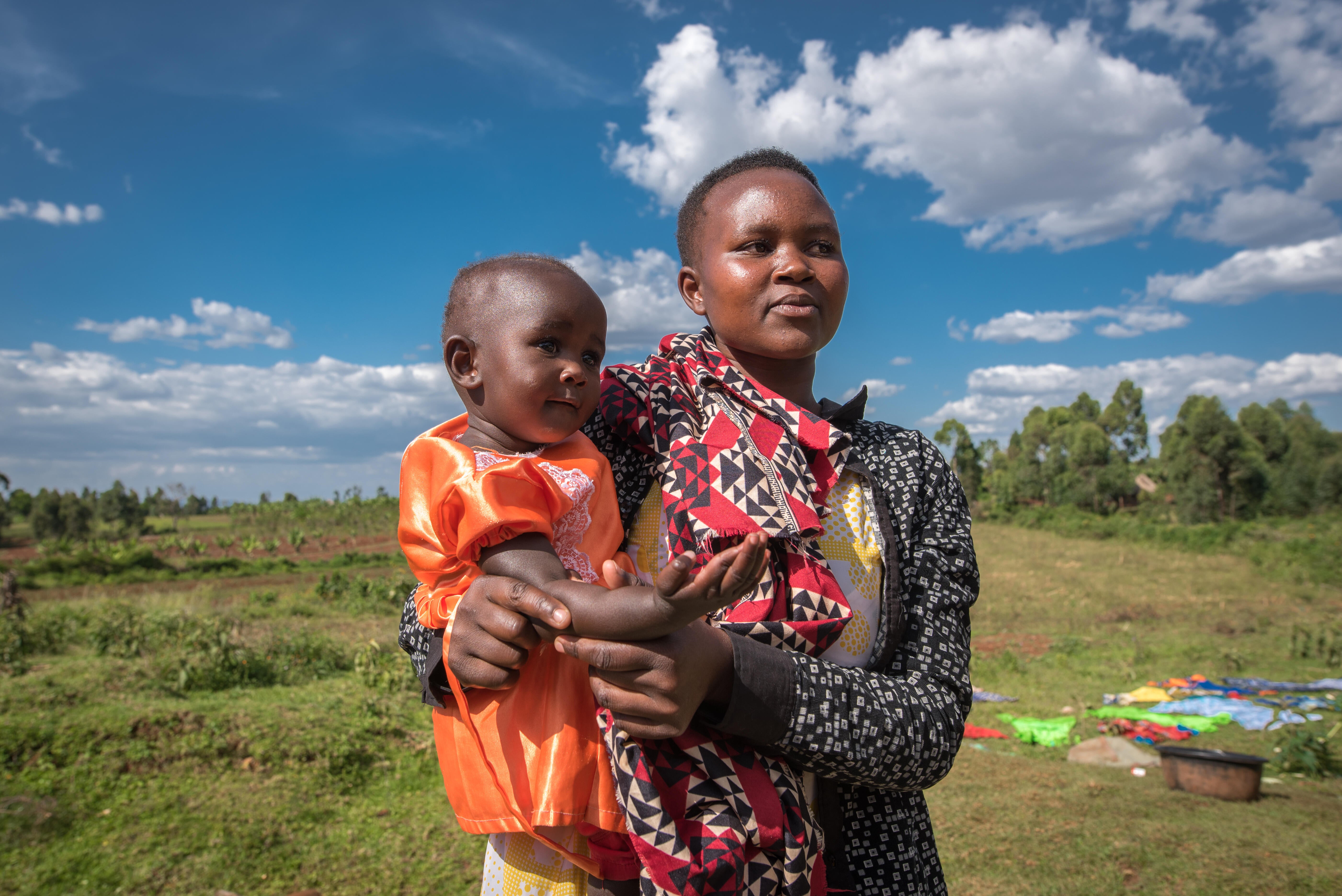Neema left home at the age of 10 to escape female genital mutilation (FGM). Her mother had been educated about the harmful impacts of the practice and did not want her daughter to be cut, but there was strong resistance from the rest of her family who believed they were doing the right thing for their daughter, avoiding the stigma and isolation she would suffer if she remained uncut. Neema’s father gave her a choice. She either underwent FGM or she left home; she chose the latter and fled to a safe house run by the Association for Termination of FGM in Masanga.
She now lives with her husband, Pastor Samwel Mwita, and her mother-in-law who are both fierce anti-FGM advocates. She too has joined the fight to eliminate FGM and is a mirror to other girls in her community showing them that girls who are not cut still get married, are still respected.
Today marks the International Day of Zero Tolerance for FGM. As part of commemorations the Tanzania Coalition against Female Genital Mutilation (TCAFGM) – which hosts 22 organizations united in their aim to eliminate the harmful practice – is launching a physical and virtual exhibition, supported by the United Nations Population Fund (UNFPA) and the Swiss Agency for Development and Cooperation. Through music, film and images the exhibition shines a spotlight on the faces of resilience – individuals and organizations who are driving change around behaviours and social norms that uphold FGM, and empowering girls and women, families and communities to say no to this harmful practice. It includes photos of Neema and her husband and the two children they now have – she is busy, juggling the roles of mother and hairdresser at her little shop in Itiryo Village – and still a vehement anti-FGM activist.
Speaking before the launch of the virtual exhibition, Anna Henga, Executive Director, Legal and Human Rights Centre, and a member of TCAFGM, said: “Girls are being tortured in the name of upholding traditions, this is wrong and hard to comprehend. It's time for communities to come together in the fight against FGM in Tanzania.”
During the month of February, the Tanzania Development Information Organisation (TADIO), with the support of UNFPA, will broadcast four programmes on community radio networks in five regions of Tanzania with a high FGM prevalence – highlighting the support structures and safe spaces that exist for girls at risk of – or subjected to FGM – and the organizations that are tackling the persistent discriminatory gender norms that uphold the practice…as well as the stories of hope and change.
The Sustainable Development Goals (SDGs) chart the path to the ambitious goal of eliminating FGM by 2030 so that every woman and girl can exercise their human rights, reach their potential and contribute fully to their communities and futures. With the deadline for the SDGs looming ever closer to deliver on the global pledge of zero FGM by 2030, UNFPA Tanzania stands with Neema, and the millions of girls like her around the world, in saying: “This is no time for inaction. Unite, fund, and act to end FGM’.


